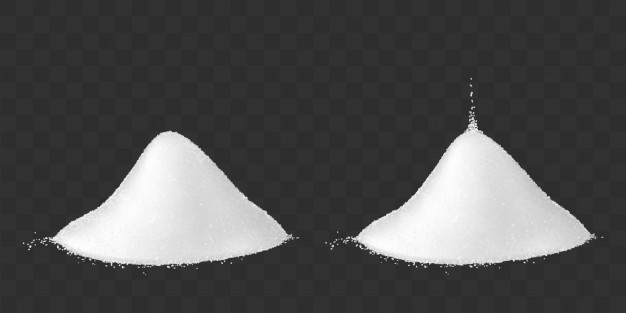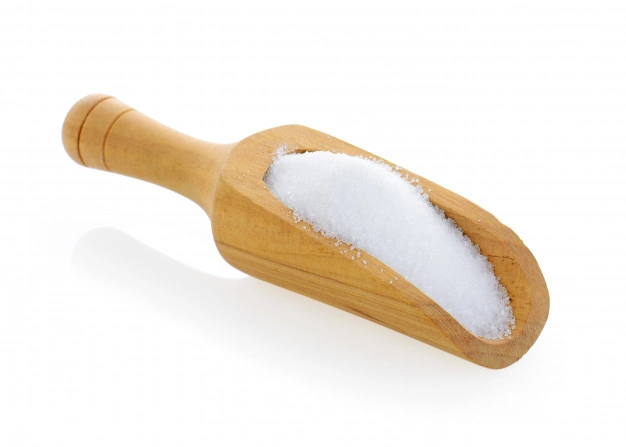Low sodium diet, recommendation of WHO on sodium intake, hazards of consuming excessive sodium and benefits of consuming low sodium diet
Description : Sodium is an important trace element that plays various important roles in body. We generally
Article Details :
Sodium is an important trace element that plays various important roles in body. We generally consume sodium as salt but it also found naturally in foods. Though sodium offers numerous health benefits but excessive consumption of sodium is not wise as it may cause various health hazards.
Guidelines of World Health Organization (WHO)
- According to WHO, reduced salt intake has been recognized as one of the most cost effective measures that can be implemented for improving the health outcomes of overall population
- As per the recommendation of WHO consumption of salt less than 5 g per day (for adults) significantly reduces the prevalence of hypertension, coronary artery disease and strokes
- WHO also estimates that about 2.5 million deaths can be prevented yearly if the global consumption of salts are decreased (www.who.int)
Risk group
Individual who suffer from cardiovascular diseases, hypertension, hepatic disorders, renal disorders and obesity are considered as at risk condition and they should restrict their daily sodium intake for improving their health status.

Benefits of consuming low sodium diet
Role on reducing blood pressure
- Restricting sodium intake is extremely useful for reducing high blood pressure thus individual who have hypertension or who are at risk condition should consume low sodium diet
- It has seen that consumption of low sodium diet is associated with regulating the amount of water in blood, which helps to maintain normal blood pressure
- It is very effective for reducing both the systolic and diastolic pressure
Role on preventing cancer
- It has seen that high salt intake is closely related with increasing the risk of developing stomach cancer. Prolong consumption of high salt diet is responsible for damaging the mucosal lining of stomach and also stimulates the growth of H. Pylori bacteria, which ultimately increases the risk of inflammation as well as ulceration
- Consumption of low sodium diet significantly reduces the risk of stomach cancer
Role on cardio vascular health
- Reduced consumption of salt is related with decreasing hypertension, which ultimately helps to prevent cardiac damages
- Prolong hypertension is also responsible for making the artery harder and thicker thus makes the vessel stiff and hinders blood flow thus it is better to consume sodium as per recommendation for avoiding all of these complications and low sodium diet also helps the heart to pump blood effectively
- It has seen that consumption of low sodium diet helps to decrease the susceptibility of ischemic heart diseases, heart attacks and strokes
- It also helps to prevent congestive heart failure
Role on renal health
- Renal disorders are responsible for providing a negative impact on renal functions
- We know that kidney helps to control sodium level in body but poor renal functions may lead to sodium retention and fluid accumulation as kidney becomes unable to remove excess water and sodium. High level of fluid and sodium may increase blood pressure and also cause further damages to renal system
- It is better for renal patients to consume low sodium diet as it helps to improve their symptoms and also decreases hypertension and urinary protein excretion
- It has seen that consumption of low sodium diet also decreases the susceptibility of developing kidney stones
Role on nervous system
- Consumption of low sodium diet is extremely beneficial for promoting the health and activity of brain as high sodium diet is responsible for increasing hypertension. Prolong hypertension is accountable for weakening the blood vessels of brain and may lead to brain aneurysm. Brain aneurysm can cause bleeding into the brain and increases the risk of hemorrhagic stroke
- High blood pressure is also associated with reducing blood flow to the brain and eventually develops vascular dementia that hinders the normal functionality of brain
- It has seen that proper brain functioning is very much important for improving memory, cognition as well as thinking ability thus it is better to consume a healthy diet with recommended sodium intake for promoting overall brain’s function
Role on hepatic health
- Individual with hepatic disorders often experience hypertension, which ultimately increases the risk of ascites (accumulation of fluid in abdomen) that eventually worsen their hepatic functionality
- Individual who suffer from cirrhosis or other hepatic diseases should consume low sodium diet for reducing the risk of developing ascities
Read more



